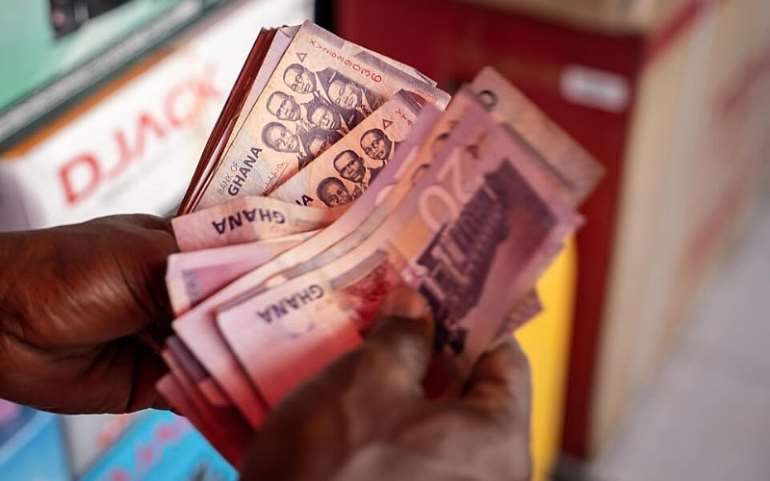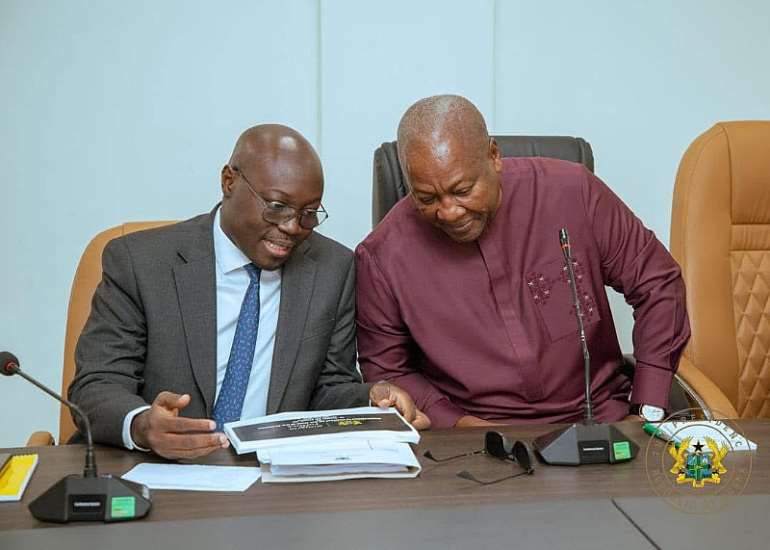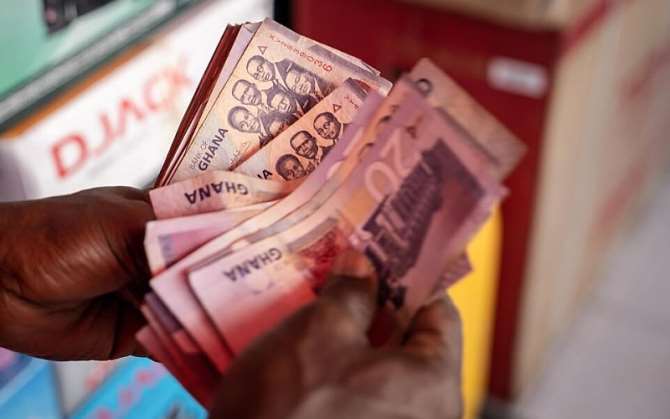Although the new government has increased the daily minimum wage by 10%, it will not have any significant positive impact on workers within that wage bracket.
The 10% increment in the daily minimum wage was agreed at the tripartite committee meeting and was announced on Thursday, February 20, 2025.
The decision, reached by the NTC aims to address economic challenges and the cost of living while ensuring fair compensation for workers.
However, the 10% increment is far below the inflation rate which currently stands at 23.5%. This means that in real terms, workers earning the minimum wage are still worse off because the rise in wages does not keep up with the rising cost of goods and services.

The average Ghanaian worker living on the minimum wage who relies solely on public transport, basic food items, and utility bills would still struggle to make ends meet.
In dollar terms, the old minimum wage of GH¢18.15 was worth US$1.51 in January 2024. Although the 10% raise has increased the wage to GH¢19.97, it is worth US$1.29 which is even lower than the previous wage.
This is an indication of how the depreciation of the cedi is negatively impacting incomes.
In addition, despite the increment, it is still below the world poverty line. The World Bank says people living on or below a daily income of US$2.15 which is equivalent to GH¢33.3 are living under extreme poverty.
With the increment failing to go above US$2.15, workers living on the minimum wage are still living below the world’s poverty line.
The NTC also announced a 10% increment in the base pay of public sector workers. This is also below the rate of inflation which, over the years has been the major factor for negotiations.
However, the increment comes amidst the dire economic situation of the country. Already the economy is grappling with huge debt overhang and limited fiscal space under an IMF bailout program.
Despite the small increment, it will further worsen the wage bill which takes a significant portion of the government’s total revenue. With compensation of public sector workers currently taking about 36% of the total revenue, it is anticipated to further increase following the 10% in base pay raise.
President John Dramani Mahama admitted the inadequacy of the increment but pleaded with organized labor to bear with the new government due to the current state of the economy.

He however promised to increase the rate should the situation improve.
The communique announcing the new increments by the National Tripartite Committee (NTC) which was signed Dr Abdul-Rashed Hassan Pelpuo, Minister of Labour, Jobs and Employment for Government, Dr Emmanuel Adu-Sarkodee, President Ghana Employers’ Association (GEA) for Employers and Mr Joshua Ansah, Secretary-General, Ghana Trades Union Congress (TUC) for Organised Labour.
Source:thehighstreetjournal.com


